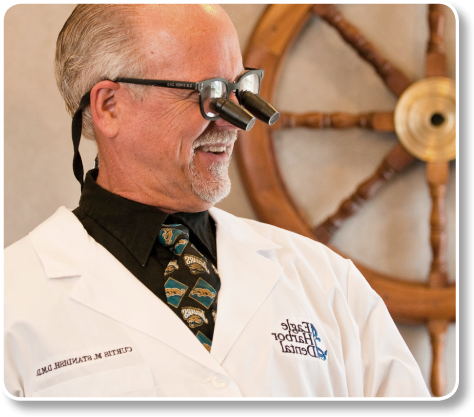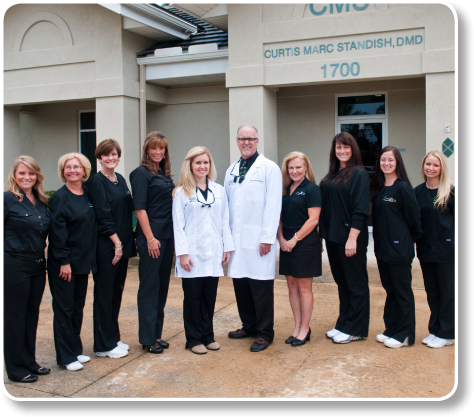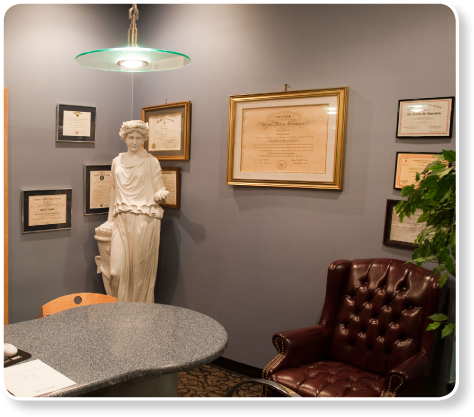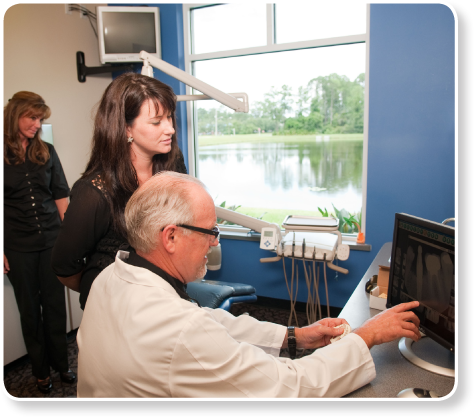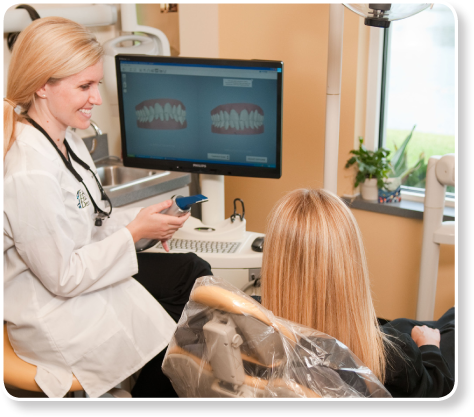Why You Should Bring Up Sleep Apnea at Your Next Dentist Visit
Dec 18, 2021

If you’ve been diagnosed with sleep apnea or even just suspect that you might have the condition, you’d probably never think to bring it up at the dentist. However, doing so could help you to get better treatment and ultimately a better night sleep. You may even prevent conditions from developing as a result of the sleep disorder, which can definitely be worth a short conversation with your dentist.
What Is Sleep Apnea?
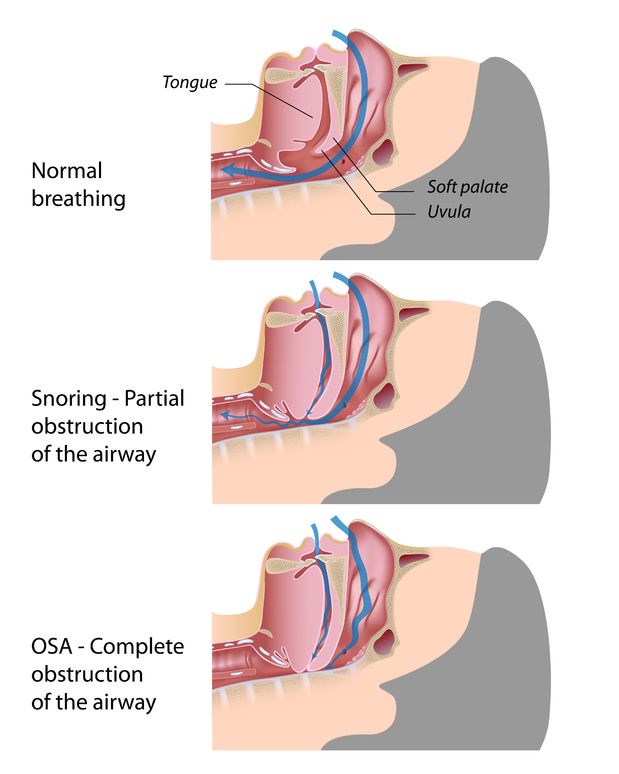
Sleep apnea is a condition in which your breathing stops and starts repeatedly. Someone with sleep apnea doesn’t sleep well because when breathing stops, the brain wakes you up so that you can start breathing again. There are three types of sleep apnea: obstructive, central, and complex.
Obstructive Sleep Apnea
Obstructive sleep apnea occurs when the muscles in the throat relax and block the airways, preventing you from breathing properly while you sleep.
Central Sleep Apnea
Central sleep apnea occurs when the brain doesn’t send the right signals to your lungs in order to maintain proper breathing during sleep.
Complex Sleep Apnea
Complex sleep apnea occurs when you have both central sleep apnea and obstructive sleep apnea.
How Can a Dentist Treat Sleep Apnea?
Dentists can perform intro-oral exams and can recommend you to sleep specialists to definitively diagnose sleep apnea. If you are diagnosed with the disorder, dentists can have an appliance made that you can wear while you sleep. If your sleep apnea is related to dental issues like jaw alignment, dentists may be able to make recommendations or even provide treatment to correct the root cause.
Because dental problems can be associated with sleep apnea, your dentist can help to reduce your risk of sleep apnea by treating the dental issues that may cause it. Treating an overbite, for example, could help to improve sleep apnea.
How Is Sleep Apnea Treated?
Loud, uncomfortable machines are often used to treat sleep apnea. Surgery can also be an option for treating the disorder. If these treatments don’t sound ideal, you’ll be better off working with your dentist to try to resolve the disorder. If your sleep apnea has its roots in dental issues, treatment might be more effective, too.
What Causes Sleep Apnea?
There are a variety of different things that can cause sleep apnea, including:
- Excess weight
- Obesity
- Allergies
- Deviated septum
- Hyperthyroidism
- Narrow throat
- Round head
- Thick neck
- Acromegaly
- Congested upper airway
- Smoking
- Alcohol use
- Drug abuse
There are also some dental conditions that can cause sleep apnea.
How Is Sleep Apnea Connected to Dental Problems?
The connection between dental issues and sleep apnea is a two-way street. Good sleep can help to reduce the risk of dental problems, including bad breath, teeth grinding, mouth breathing, TMJ, gum disease, and mouth ulcers. Because people with sleep apnea have their sleep cycle continually interrupted, they’re at greater risk for these dental problems.
On top of that, some dental problems can contribute to the development of sleep apnea.
What Problems Can Sleep Apnea Cause?
Sleep apnea can cause a whole host of problems. If you suffer from bruxism or grinding your teeth at night, this condition has been linked to sleep apnea. Since the airways are blocked when the body relaxes, you might grind your teeth in an effort to open up the airways.
Sleep apnea can also lead to soreness and joint problems in the jaw and you may develop a TMJ disorder. Additionally, the enamel on your teeth may become worn down and cavities might form. Treating this problem before these things become an issue can help to save you frustration, pain, and money.
How Can Better Sleep Improve Your Life?
It’s no secret that good sleep is important to good health and well-being. When we are well-rested, we have our best ideas, are apt to be more patient with those around us, and our bodies are better equipped to fight off illnesses and infections.
Since sleep apnea causes you to wake up throughout the night and prevents you from entering deep sleep, treating it can help to improve your sleep quality. Bringing the subject up at your next dentist appointment could help to change your life for the better in many ways.
If you feel like dental treatment for your sleep apnea might be your best option, call 904-269-6558 to make an appointment today.
Need Sleep Apnea Solutions?
Call to schedule your appointment!
(904) 269-6558
or
Fill Form To Schedule Your Appointment
For informational purposes only.





